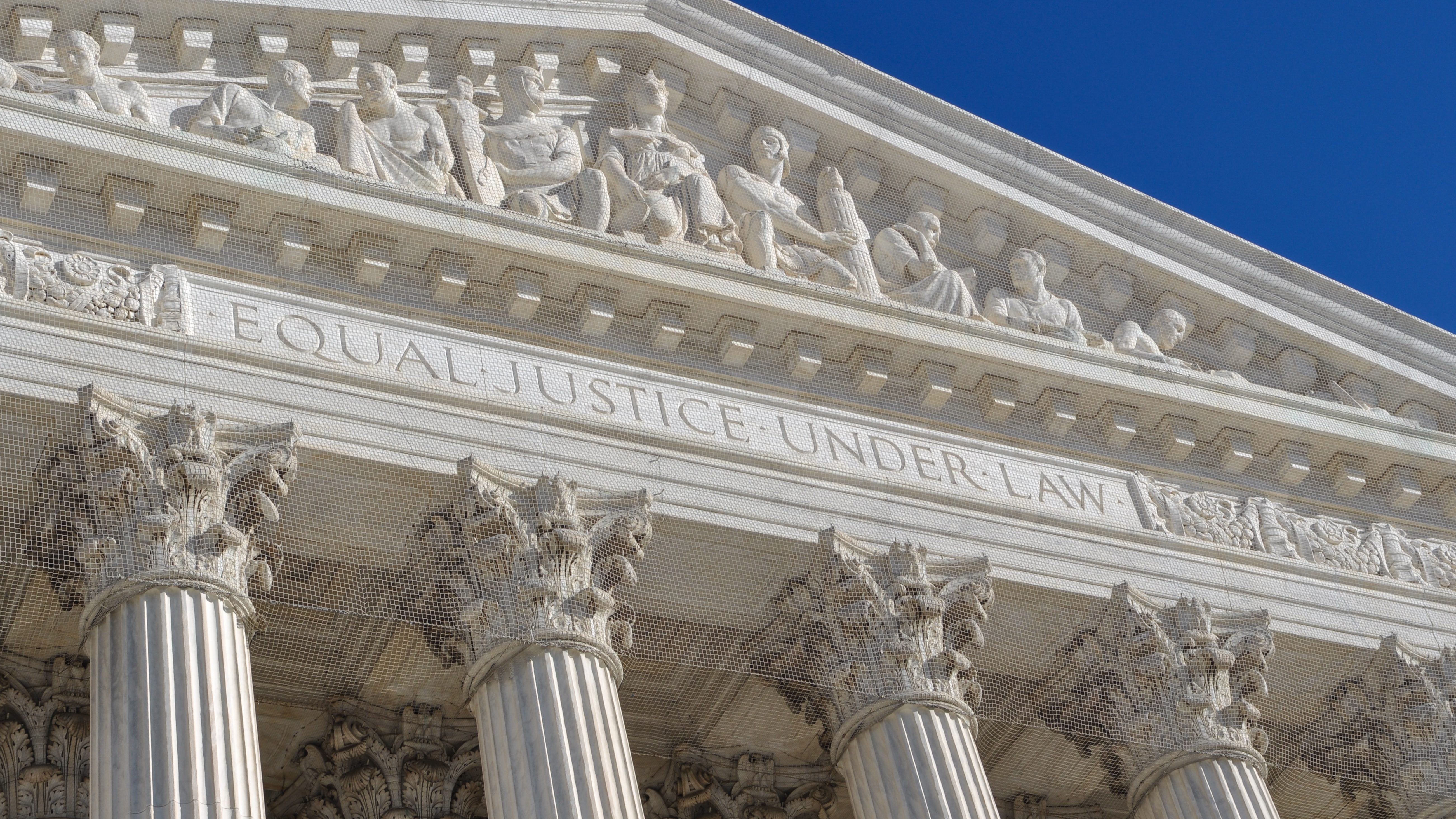The spectre of dimpled chads has emerged to haunt American politics. Twenty years after the contested presidential election of George W. Bush against Al Gore made punch lines out of certain ambiguous ballots in Florida, allegations of election irregularities again are causing worry that the Supreme Court of the United States might select the next President of the United States. Those fears are unwarranted.
Part of the blame for those fears rests with politicians and pundits who trade on notions of federal judicial supremacy with phrases such as “all the way to the Supreme Court.” If the U.S. Supreme Court gets involved at all, its role will be limited to ensuring that the states have complied with the minimal requirements of the Constitution of the United States and federal election laws. The Court does not exercise a general supervision over federal elections.
The U.S. Constitution does not tell states how to run elections, not even elections for offices in the United States government. State legislatures are responsible for promulgating election rules. State election officials are responsible for administering elections in compliance with those rules, usually under the supervision of a secretary of state or some other official who is accountable to the people.
State courts are responsible for adjudicating any legal disputes arising out of the administration of state election laws. But their decisions mostly concern whether officials adhered to lawful procedures. Election lawsuits seldom concern whose votes count.
If a candidate were to produce evidence of fraud or illegal conduct, that evidence would be considered and assessed by state election officials and, if necessary, state courts. And even if polling officials have violated some election rules, there remains the question what remedies are appropriate. Like the rules themselves, the remedies and sanctions for violating the rules are usually matters of state, not federal, law.
Where the law allows judicial discretion, reasonable judges will tailor the remedy to the nature of the wrong. Judges are rightly loath to throw out ballots cast legally and in good faith by qualified voters, even if officials behaved badly. For example, assuming that poll watchers have been illegally excluded from rooms where ballots are being interpreted and counted, as some allege, that does not entail that the ballots themselves should be discounted.
If someone has committed a state or federal crime then the evidence should be delivered to prosecutors. But any prosecutions for election fraud are unlikely to change the outcomes of any elections.
One legal dispute that might reach the U.S. Supreme Court concerns a decision by the Supreme Court of Pennsylvania to extend the time for counting certain ballots. Republicans alleged in a petition to the U.S. Supreme Court that the Pennsylvania court’s decision “rewrote the state’s law governing federal elections and violated the United States Constitution, sowing chaos into the electoral process mere weeks before the already intricate November General Election.”
If that allegation is true then the Pennsylvania high court violated Article I, section 4 of the Constitution of the United States, which provides, “The Times, Places and Manner of holding Elections for Senators and Representatives, shall be prescribed in each State by the Legislature thereof.” Notice that the power to change election rules belongs to state legislatures, rather than state courts.
The U.S. Supreme Court has twice declined to hear the case in recent days. And the controversy might become moot. So, it is far from certain that Court will hear the case at all.
If the Court decides to hear the case, the issues will be confined to technical legal questions, such as the meaning of the word “prescribed,” and interesting (for law geeks like me) jurisprudential questions concerning separation of powers. The case will not be about who should be declared President.
In any event, this is all speculative at present. Lawyers might help decide the election, but they might not. If they do, their role will properly be limited to ensuring that rules governing the election process are clear, constitutional, and consistent.






















































